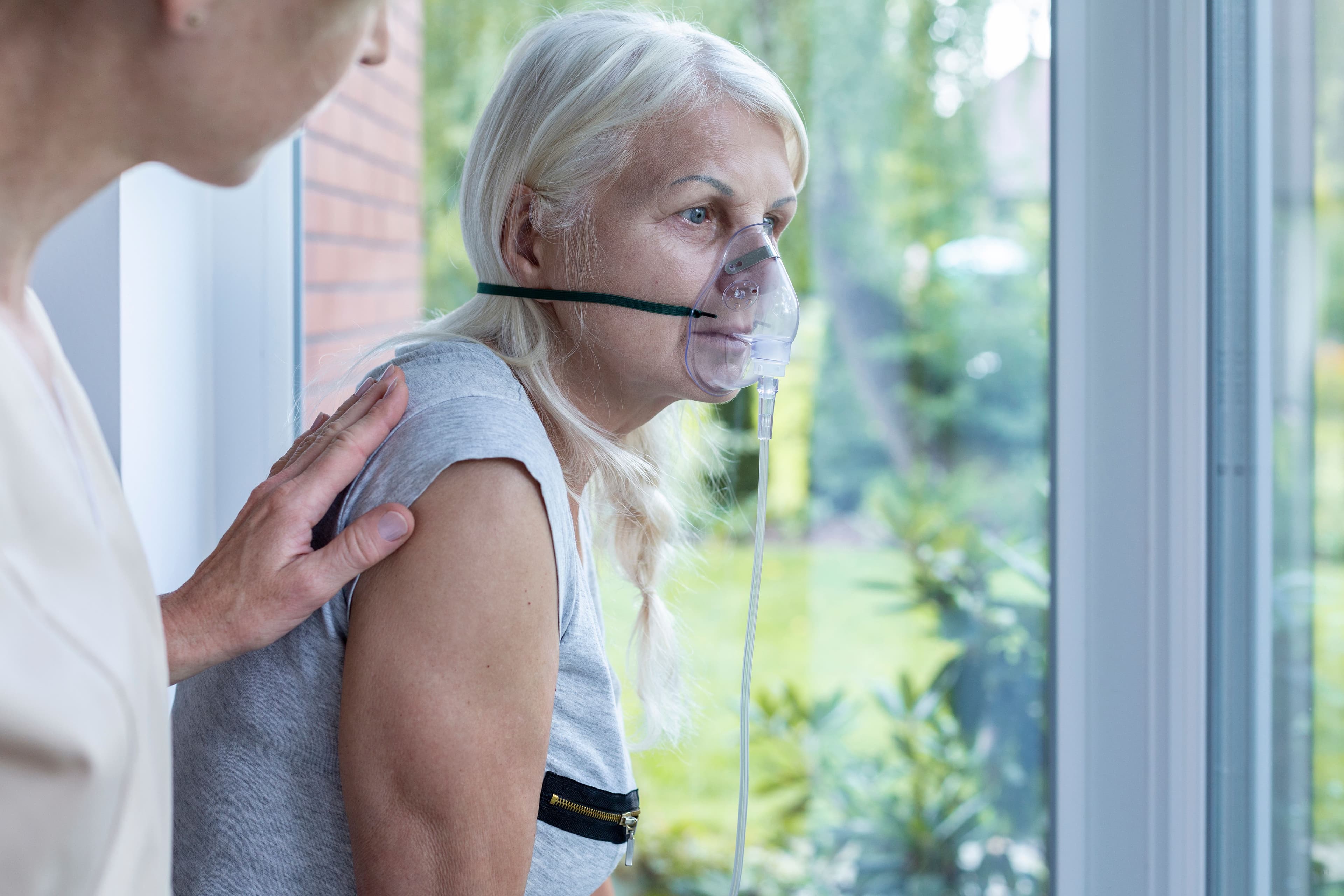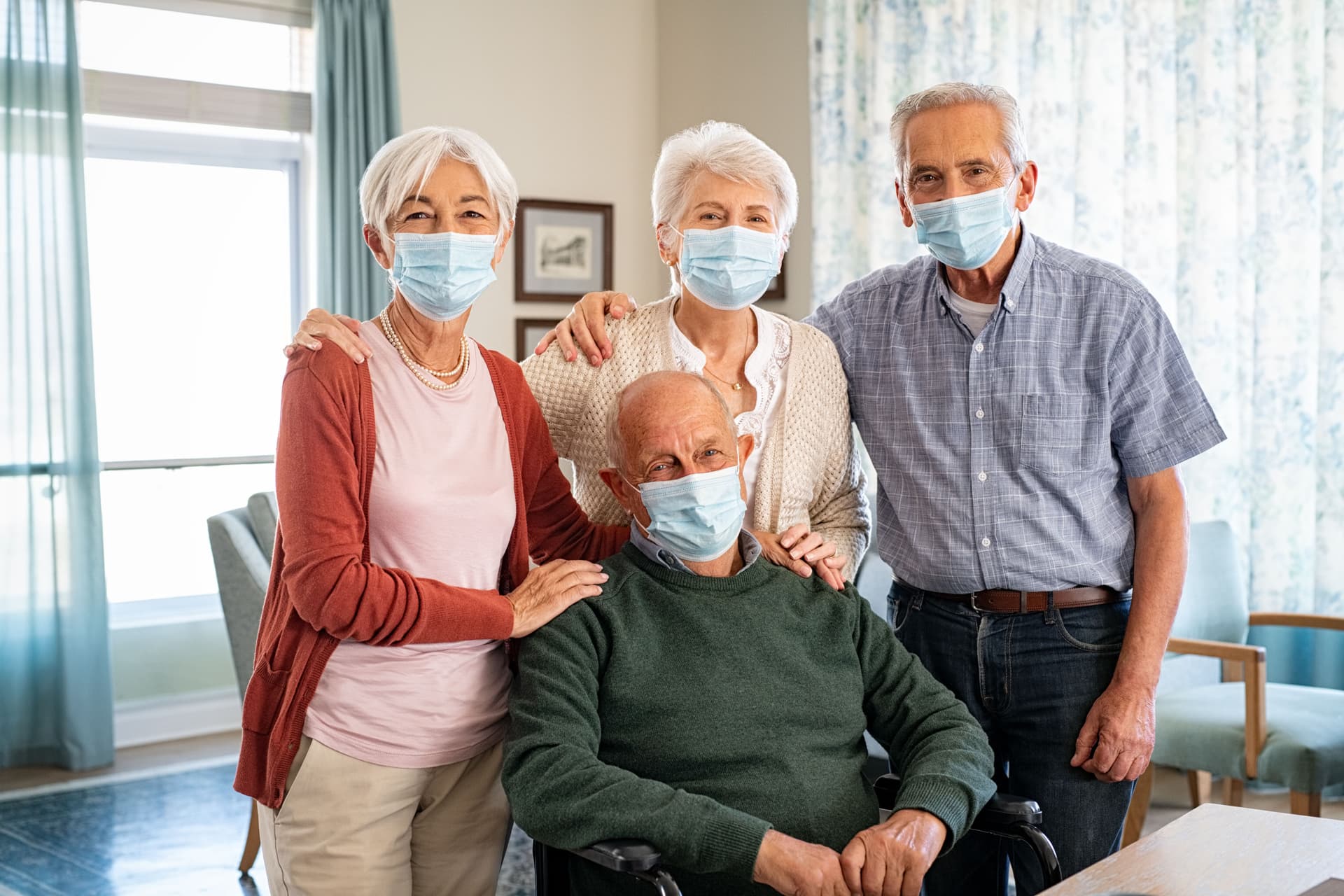
Nursing home abuse and neglect put vulnerable residents at serious risk, leading to malnutrition, dehydration, infections, and preventable injuries. When facilities fail to provide adequate care, residents suffer, and families are left feeling helpless. Lack of supervision, improper medical treatment, and unsafe conditions can result in devastating harm. Understanding the warning signs, knowing your legal rights, and holding negligent facilities accountable are crucial steps in protecting your loved ones. Learn how to take action and seek justice.
May 8, 2025
3 min
For elderly nursing home residents, infections pose a constant and deadly risk. Their immune systems are weaker, their mobility is limited, and they often rely on staff for basic hygiene and wound care. When facilities fail to meet these needs, infections can spread rapidly—causing immense suffering, hospitalization, and even death.
What’s most devastating is that most of these infections are entirely preventable. They don’t happen because a resident is sickly or weak. They happen because someone failed to wash their hands, clean a wound, sanitize equipment, or report a fever.
At our firm, we represent families who are seeking accountability after a loved one has endured a preventable infection. We expose patterns of neglect, investigate unsafe practices, and pursue justice for those whose trust was violated in the most basic and harmful way.
Nursing homes are uniquely vulnerable to infections due to shared living spaces, compromised immune systems, and close staff-resident contact. The most commonly reported infections include:
These infections don’t just threaten health—they end lives. And when they happen because a facility was careless, someone needs to be held responsible.
Infections rarely spread by accident. They’re often a sign of deep operational failure within the facility. Common contributors include:
Understaffed and poorly managed nursing homes may skip daily hygiene routines, miss documentation, or ignore residents’ complaints—allowing infections to fester and spread undetected.

The consequences of infections go beyond discomfort. Many result in:
For elderly residents, even treatable infections can spiral into a medical crisis if not addressed early. Families are often left with crushing guilt, wondering what went wrong—and whether anything could have been done to prevent the suffering.
In many cases, the answer is yes.
Even if you're not present every day, there are red flags that may suggest your loved one is suffering from a preventable infection:
If your loved one is hospitalized and the facility downplays the cause, request full medical records and an independent physician review. Do not accept vague explanations when your family member’s health is at risk.
If a loved one has suffered or died due to a preventable infection, you may be entitled to pursue a nursing home negligence claim. These cases are typically based on:
We work with medical experts, infectious disease specialists, and long-term care investigators to determine what went wrong—and build a case for justice.
Compensation in these cases may cover:
Infection-related injuries and deaths in nursing homes are not inevitable. They are often the result of choices—bad policies, cost-cutting measures, ignored warnings, and negligent care.
At our firm, we believe that every resident deserves dignity, safety, and timely medical care. When a nursing home fails to provide that, we step in to demand accountability.
If your loved one suffered from an infection while in a nursing home, don’t settle for excuses. Contact us today to learn your legal options and take the first step toward justice.